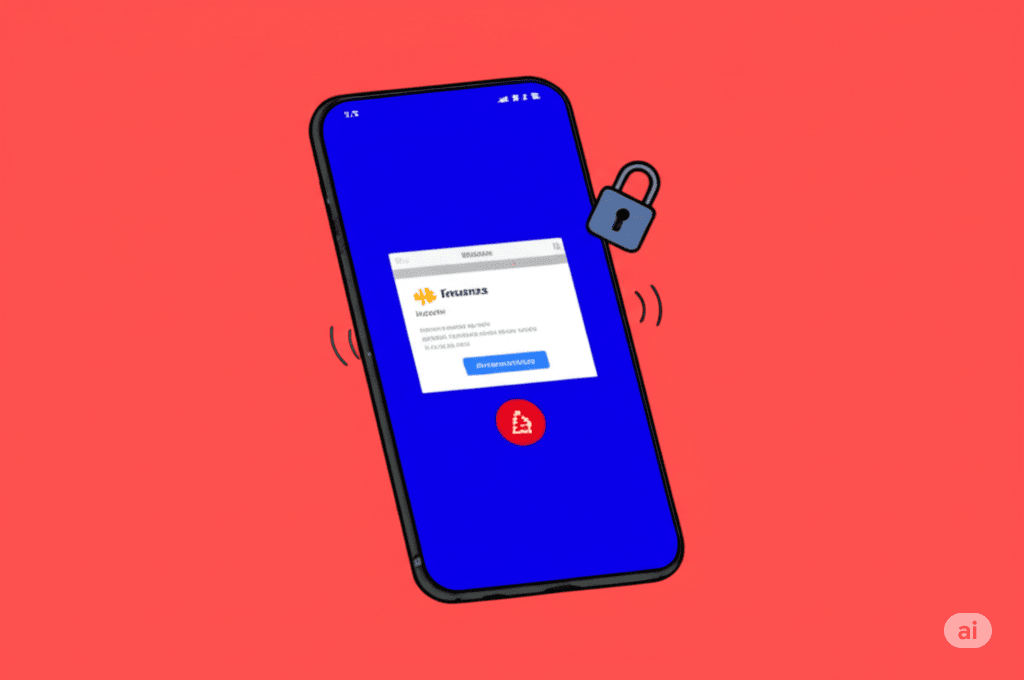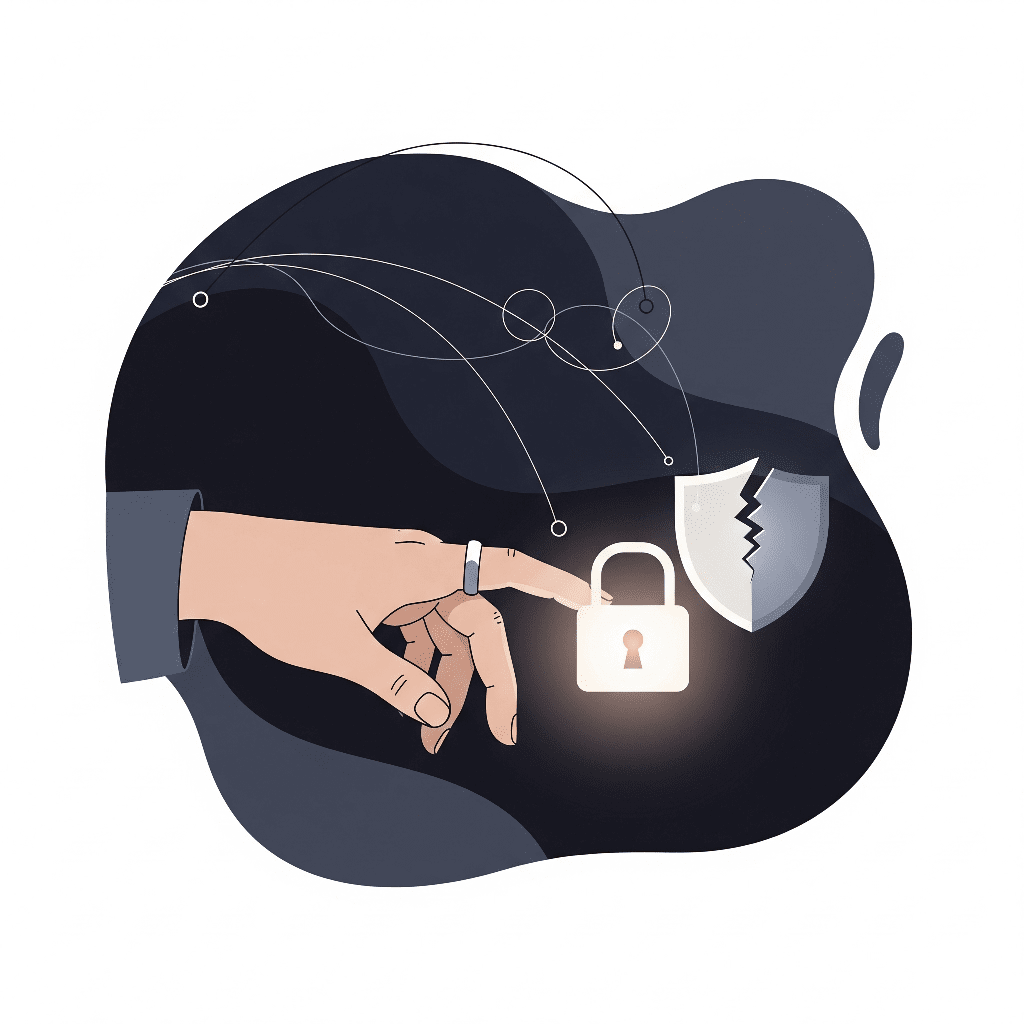The cryptocurrency ecosystem is exciting and full of opportunities, but unfortunately, it also attracts scammers looking to take advantage of unsuspecting users. Protecting your assets is as crucial as knowing how to invest. Here we present the most common scams and how you can stay safe.
1🎏 Phishing and Fake Websites:
How does it work? You receive emails, text messages, or links through social media that imitate Binance or other well-known platforms. They ask for your credentials, private keys, or personal information. Fake websites look identical to the originals.
🎯How to protect yourself:
➡️ Check the URL: Always verify that the web address is correct (e.g., binance.com). Scammers often use subtle variations (binance.net, binance.org, binnance.com).
* Don't click on suspicious links: Access platforms by typing the URL directly into your browser or using your saved bookmarks.
* Two-Factor Authentication (2FA): Enable 2FA on all your crypto and email accounts. It's a vital extra layer of security.

2🚩Ponzi and Pyramid Schemes:
* How does it work? They promise extraordinarily high and guaranteed returns with little or no investment risk. Initial profits come from the money of new investors, not from legitimate business activities.
➡️How to protect yourself:
* Too good to be true: If an offer sounds incredibly profitable with no risk, it probably is.
* Research thoroughly: Look for reviews, team history, and verify if the project has a real product or service and a solid technological base.

3🎁Fake Gifts (Giveaways) and Crypto Duplicators:
* How does it work? A scammer (often impersonating public figures like Elon Musk or Vitalik Buterin, or even Binance) announces a "giveaway" where you must send a small amount of cryptocurrency to receive double or more in return.
➡️How to protect yourself:
* Never send crypto: Legitimate platforms or public figures will never ask you to send money to participate in a giveaway.
* Be wary of urgency: They often create a sense of urgency to make you act without thinking.

4📠Fake Technical Support / Customer Service:
How does it work? You receive unexpected calls or messages from supposed "technical support agents" claiming to have detected a problem with your account. They ask for remote access to your computer, private keys, or to perform transactions.
➡️ How to protect yourself:
* Official support will never contact you first: Only contact technical support through the official channels of the platform (website, live chat).
* Never share sensitive information: No legitimate support will ask you for your private keys or remote access to your device.

5🔎Fake Job Offers / Low-Risk Investments:
* How does it work? They offer you "easy" jobs or low-risk investments with high returns, often asking for a small initial "investment" or sensitive personal information.

➡️How to protect yourself:
* Research the company: Look for information about the company, its reputation, and check reviews.
* Caution with upfront payments: If they ask for money to start "working" or "investing," it's a red flag.
Additional Advice: Education is your best defense. Stay informed about the latest tactics of scammers and share this information with your community. Your safety comes first.
#CriptoSeguridad #AntiScamEducation #BinanceTips #ProtegeTuCuenta #EducaciónCripto
